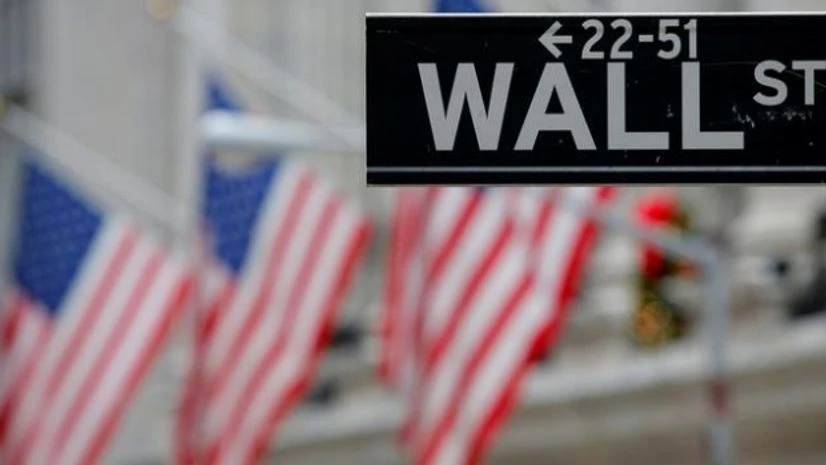The euro fell to a one-week low against the dollar on Monday on uncertainty ahead of several impending European elections, while European and Wall Street dipped ahead of a heavy week of corporate results.
Concerns over French politics ahead of the presidential vote in April, as well as other elections in Europe later in the year, dented the euro.
"Political risk is serving to dampen the euro after last week's stumble from the $1.08 area," said Shaun Osborne, chief FX strategist, at Scotiabank in Toronto.
Investors were largely focused on French politics, as far-right National Front leader Marine Le Pen launched her presidential bid, vowing to fight globalisation and take France out of the euro zone.
In mid-morning trading, the euro fell 0.4 per cent against the dollar to $1.0737. It dropped to $1.0705, its weakest level since January 31.
Also Read
The dollar slid to its lowest in more than two months against the yen, pressured by a drop in US Treasury yields, analysts said.
But the greenback rose 0.2 per cent against a basket of major currencies.
In the US equity market, key indexes were modestly lower ahead of a slew of results and lingering uncertainty over the policy decisions of President Donald Trump and the potential impact of these on the economy.
The Dow Jones Industrial Average rose 4.83 points, or 0.02 per cent, to 20,076.29, the S&P 500 lost 2.68 points, or 0.12 per cent, to 2,294.74 and the Nasdaq Composite dropped 0.31 points, or 0.01 per cent, to 5,666.46..
Oil slipped as the strong dollar and ample US supplies outweighed the Oraganisation of the Petroleum Exporting Countries (Opec) output curbs and rising tensions between the United States and Iran.
Brent crude was trading at $56 a barrel, or 1.4 per cent, having touched an intra-day high of $57.13. US crude was down 40 cents, or 1.1 per cent, at $53.24.
There was no overarching theme to Monday's market moves, highlighting how correlations between financial market assets have broken down in recent months as investors sense the era of ultra-loose monetary policy may be winding up.
"There is a sense of general uncertainty and I'm not sure if you can pin-point it to anything in particular," said Orlando Green, European fixed income strategist at Credit Agricole.
"You could say markets are a bit edgy about the political scene in Europe, the political scene in the US and there's a bit of uncertainty about when the Fed will hike rates next."
The pan-European STOXX 600 index was 0.57 per cent lower, with banking stocks, particularly in Italy, weighing on the index.
MSCI's broadest index of Asia-Pacific shares outside Japan rose 0.65 per cent.
Japan's Nikkei rose 0.3 per cent, with banks rising after US President Donald Trump signed an executive order to scale back regulations in the US financial industry that were implemented after the financial crisis nearly a decade ago.
Trump meets Japanese Prime Minister Shinzo Abe on Feb. 10 and 11, with trade and currencies likely to be on the agenda.

)
